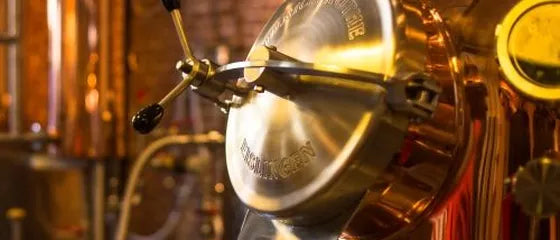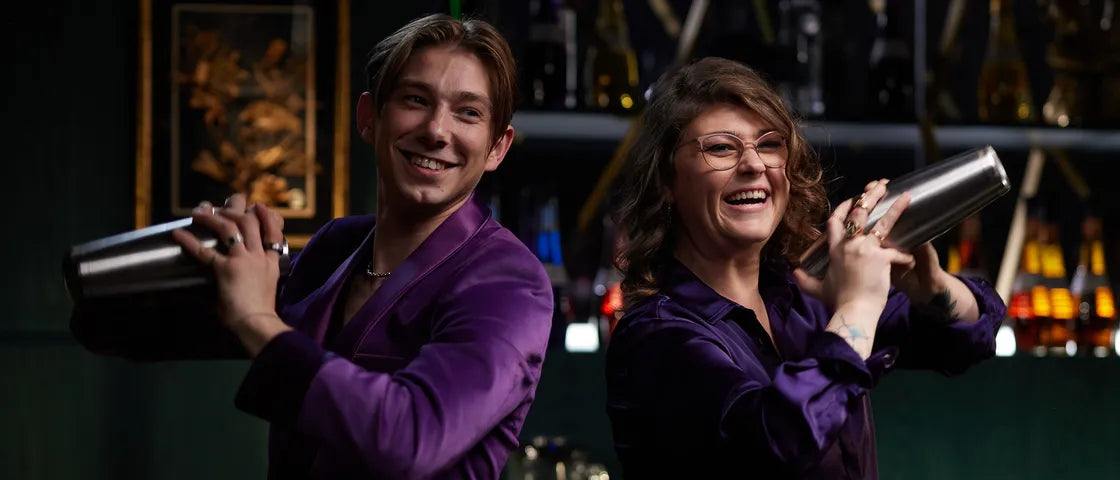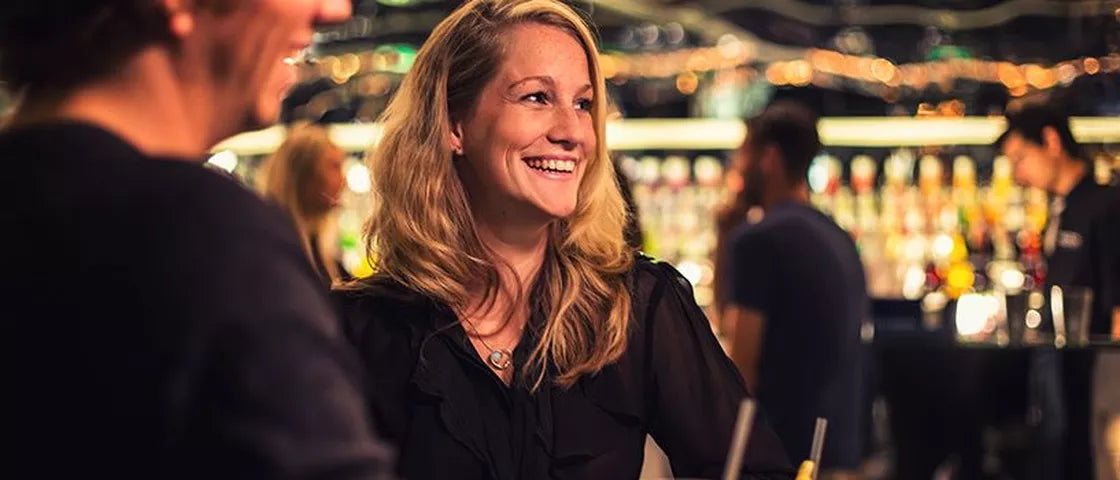Liqueurs are flavoured and sweetened liquors and have swung in and out of favor since sugar began to be part of everyone's eating habits just a few hundred years ago. Sugar and flavor were always added to early distillates such as brandy and vodka. Simply because distilling techniques weren't good enough to produce high-quality liquor – remember Old Tom gin. People liked the taste of sugar, and as ships crisscrossed the globe, bringing new flavors back to Europe, distillers like Lucas Bols responded by making liqueurs with these exotic new herbs and fruits.
Next to having a great taste, liqueurs have a rich heritage as medicinal elixirs: even before sugar reached Europe, elixirs made from complex blends of herbs and secret ingredients were being made to cure any and all ills. Famously in the universities and monasteries of Salerno and Bologna (Italy) and Leiden (the Netherlands).
What is a liqueur?
The EU defines a liqueur as containing at least 15% ABV and at least 100 grams of sugar per liter, rising to 250 grams of sugar for a "Creme de…" liqueur and 450 grams of sugar for a Creme de Cassis liqueur.
Other countries such as South Africa and the US have rules that differ slightly. Liqueurs are sometimes referred to as "cordials" in the USA, but "cordial" in other parts of the world indicates a non-alcoholic syrup. Liqueurs can be marketed with many different flavors under one brand name (range liqueurs, such as Bols) or with individual brand identities, such as Malibu, Alize, and Passoã.
Liqueurs in cocktails
You can't say cocktail, without saying the liqueur. From the beginning of the creation of cocktails, liqueurs have played a very important role. Think of the Gin Cocktail for instance, with a splash of Bols Dry Orange Curacao, or what about the Martinez? The Mai Tai with Bols Dry Orange Curacao as well, or The Last Word with Maraschino and Chartreuse.
And more recently, the very popular Espresso Martini and the Margarita Azul. As you can see, plenty of drinks to play around with!
To learn how to make all these amazing cocktails, book one of our cocktail courses at the Bols Bartending Academy.
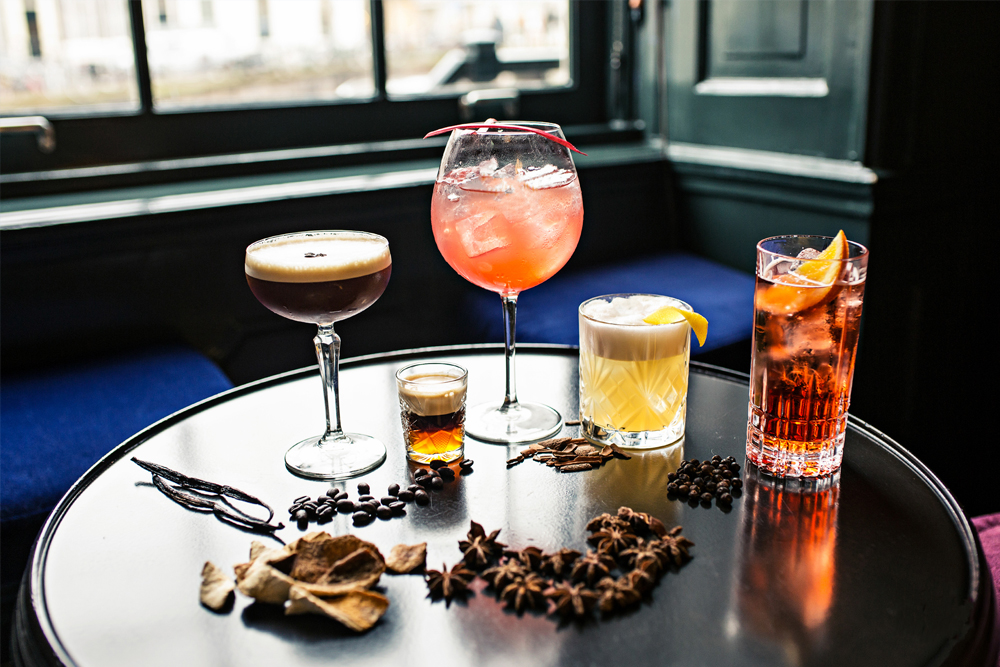
Production of liqueurs
There are several ways to produce liqueurs. We always start with an alcohol base and then add sugar. We add the flavor to the liqueurs by using one of these following procedures.
Cold compounding
Liquid flavoring essences are combined with neutral alcohol. This method is quick and rather easy but tends to produce liqueurs that lack real depth or mouthfeel.
(Re-)distillation
Just like good-quality gin: add your flavoring agents (herbs, fruits, what-not) to the spirit and re-distill it. Distillation is normally used for harder ingredients like fruit peels, seeds, and roots, and produces a clear distillate called an esprit. Most Bols liqueurs are distilled, for instance.
Maceration/infusion
This is better for soft fruit that would disintegrate if distilled: the fruit or herbs are left sitting around in neutral spirit until they absorb the flavor. The mixture may be heated slightly, and different herbs and fruits may be added at different times depending on how long it takes to extract their flavor. This produces a coloured distillate called a tincture. Maceration is used to make Bols Dry Orange Curacao for instance.
Percolation
Just like making filter coffee: put your (hard) ingredients into a filter and drip alcohol down through them. Percolation produces a dark, typically slightly bitter distillate called a tincture. Bols Cacao Brown liqueur and Cacao White are made from the same ingredients, but Cacao Brown is percolated and Cacoao White is re-distilled, the techniques have a huge effect on the flavor.
Types of liqueurs
Besides the difference in production method, we identify different types of flavours in liqueurs as well.
Fruit
By far the largest number, these include both liqueurs made only using peels (such as Bols Triple Sec, Bols Strawberry, and limoncello), those made using only flavoring (most banana liqueurs), and those made using the addition of fresh fruit juice from the corresponding fruit, such as most of the Bols fruit liqueurs. For making flavorings, distillers may choose to use natural flavorings (all the flavor is extracted from the fruit itself) or nature-identical flavorings (you extract the identical flavor compounds from other, cheaper fruits). Fruit liqueurs are also the ones most likely to be used in cocktails, and many of them have been developed into consumer-oriented brands in their own right, such as Passoã, Midori, Pisang Ambon, and Archer's.
Nut
Hugely popular with consumers, this category includes Bols Amaretto, nocino, Bols Coffee, and chocolate (cacao) liqueurs. These are usually percolated.
Herbal
This is a huge sub-category stretching all the way from Chartreuse and Strega to Galliano and peppermint liqueur. These liqueurs are typically made from many different botanicals, many of which are also common in gin. Subcategories included aniseed liqueurs (anisette, absinthe, ouzo, raki, sambuca) and bitter liqueurs (Italian Amari, Galliano L'Aperitivo, Campari and Aperol). It is sometimes hard to draw the line between a sweet vermouth and a herbal, less-sweet liqueur: which one is a wine, which one a liqueur?
Cream
This entire category was kick-started by Baileys in 1975. Into this category can also be shoehorned Advocaat, a Dutch distillate made from an emulsion of egg yolks and spirit. A great cream liqueur to work with is the Bols Brown Cream. Add this to your Piña Colada or Espresso martini and you will be amazed!
Spirit based
This describes fruit, nut, herbal, or cream liqueurs using a specific, flavorful base instead of just neutral spirits. Baileys (Irish whiskey) falls into this category too, as does Grand Marnier (cognac), Drambuie (Scotch), and Southern Comfort (American whiskey). And like you would expect from the name, Bols Cherry Brandy is based on brandy!
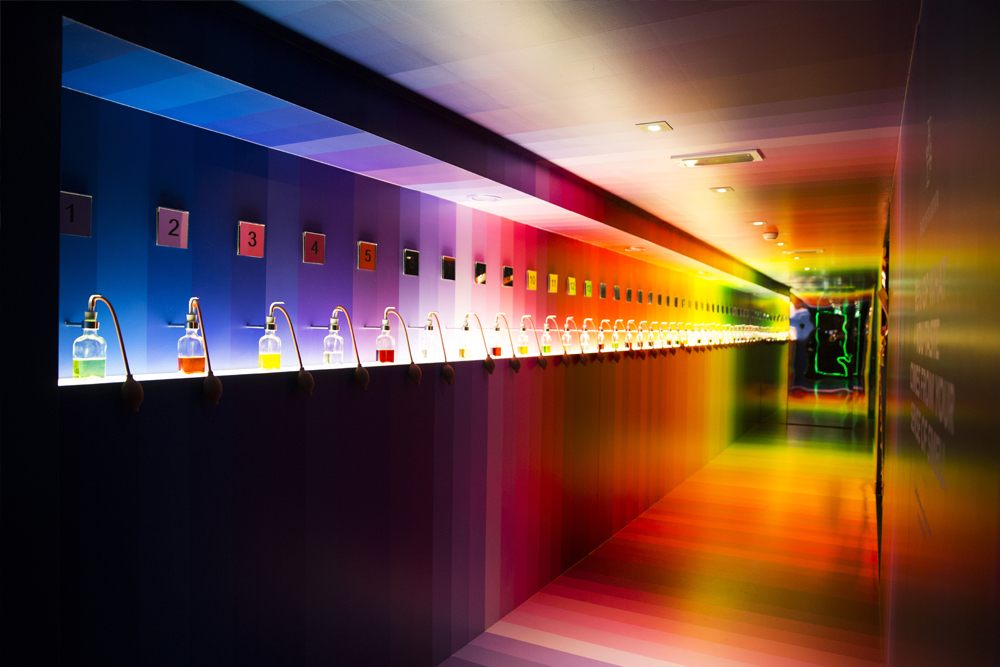
Would you like to learn more? Head over to our Cocktail Gallery and discover the world of Bols liqueurs! Or learn all about liqueurs and how to make cocktails with them in our online cocktail academy. Book your online course now for only €19,95.

